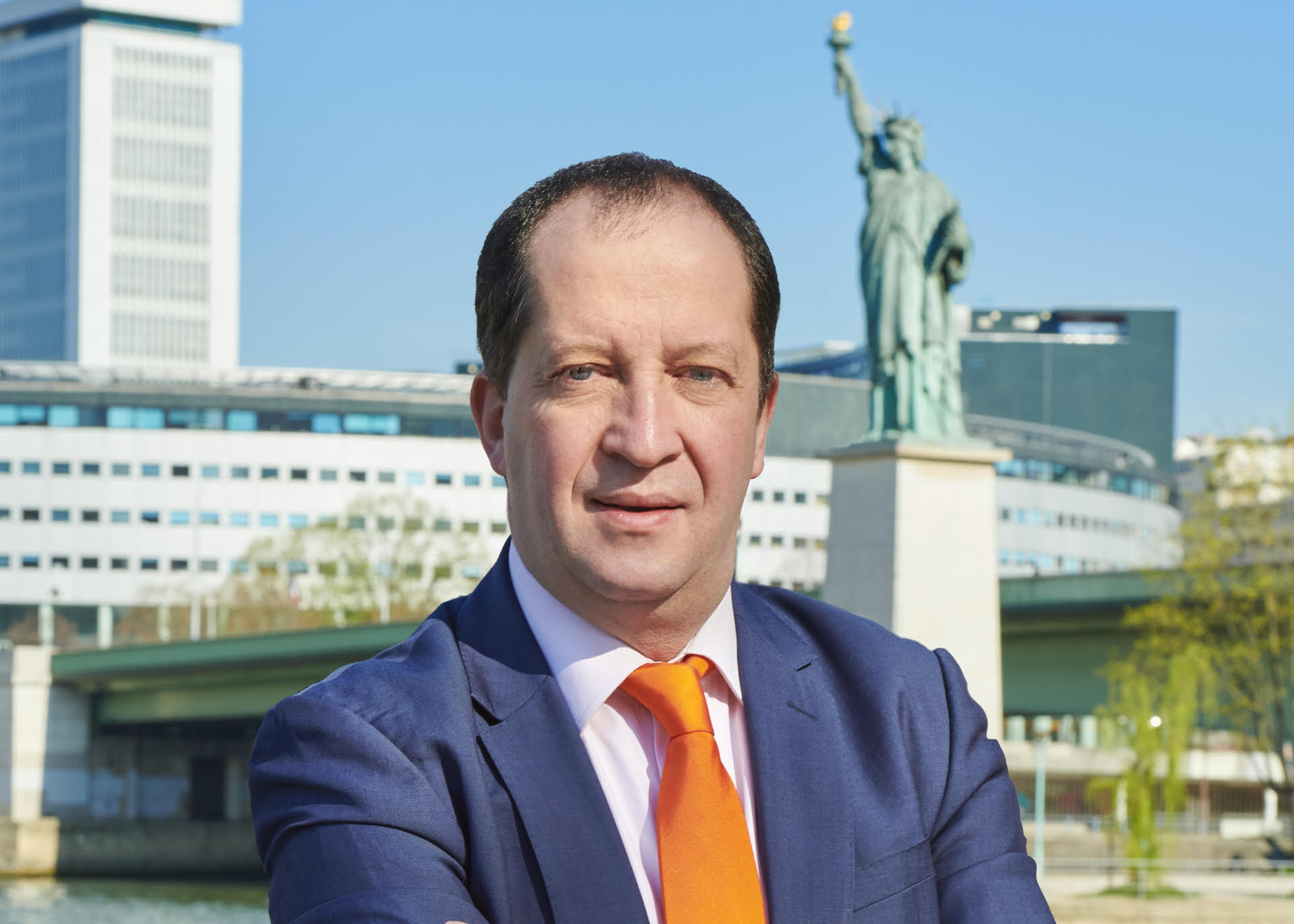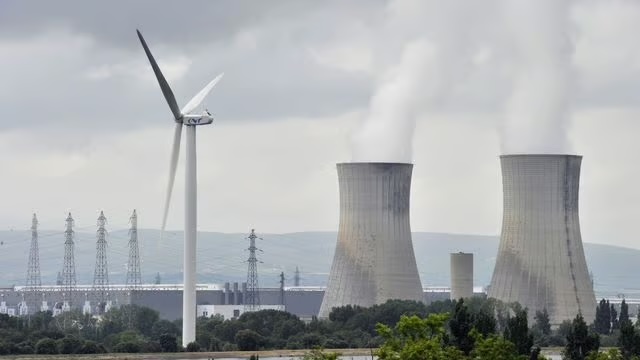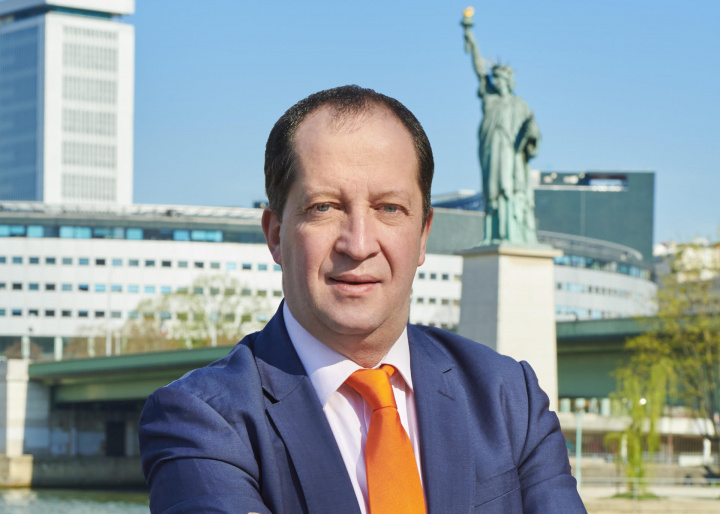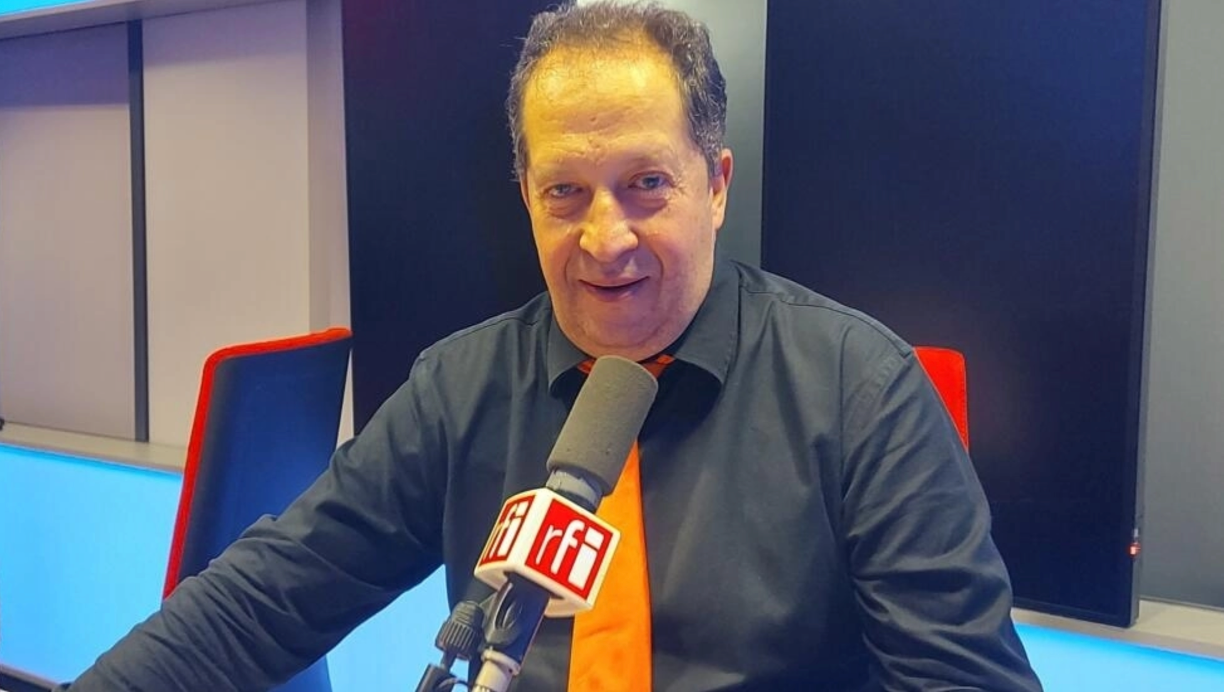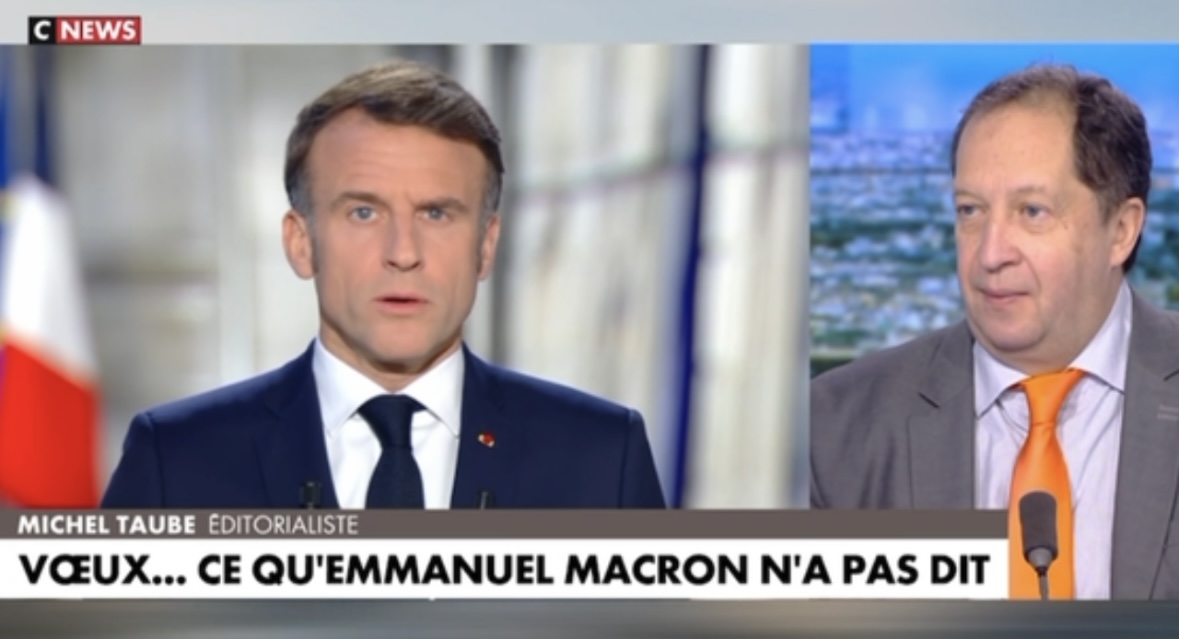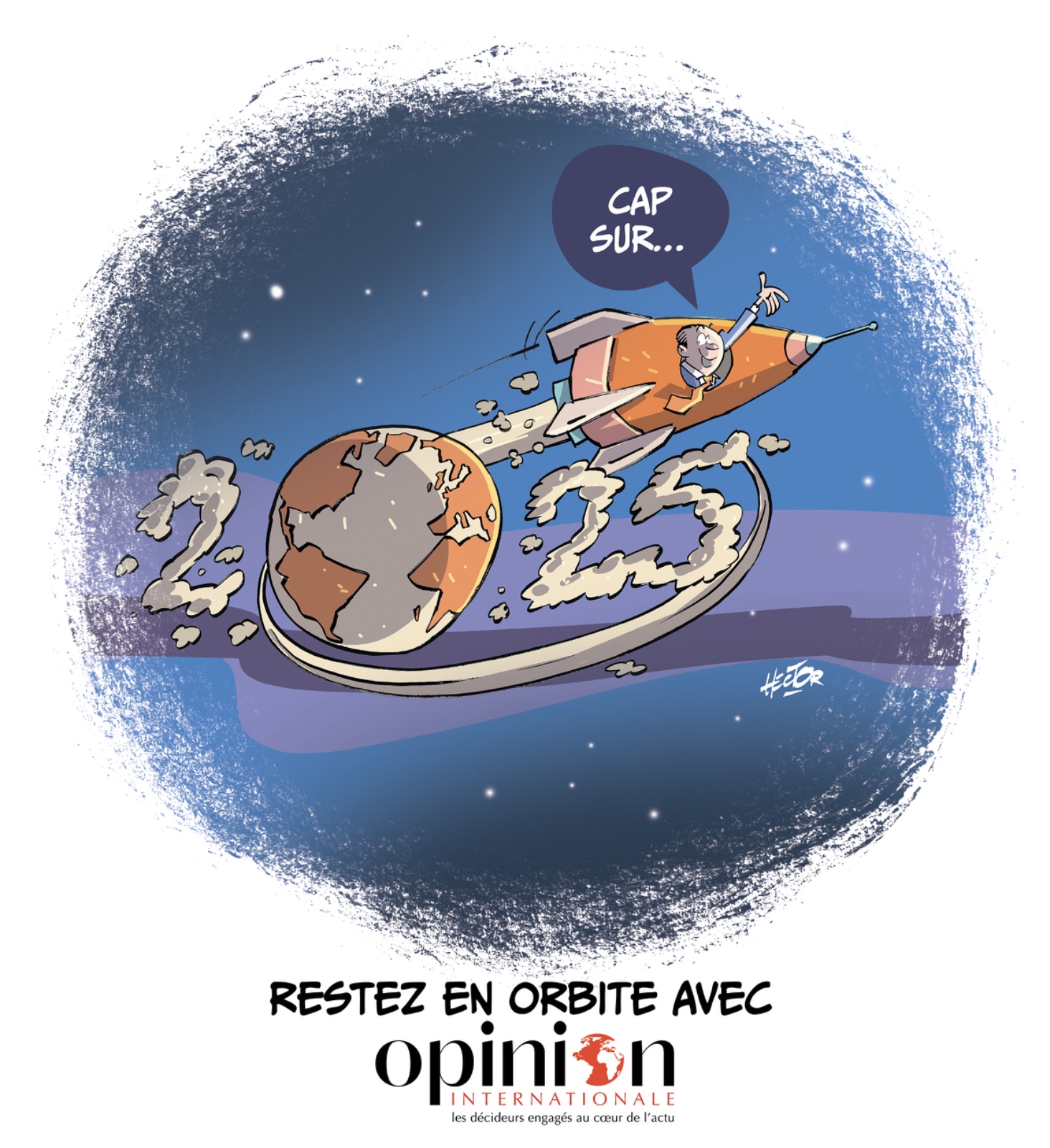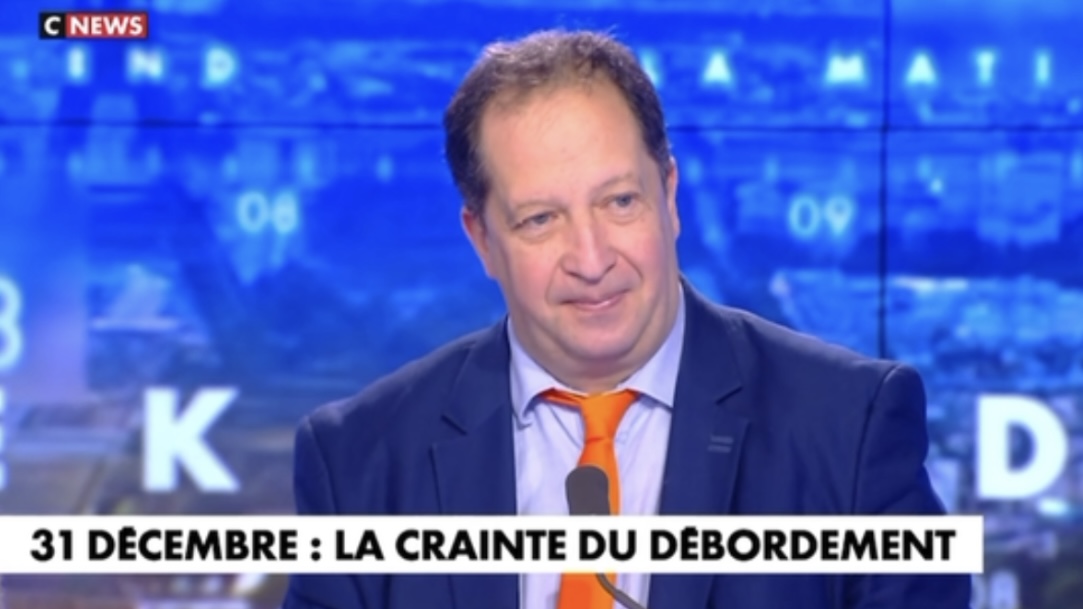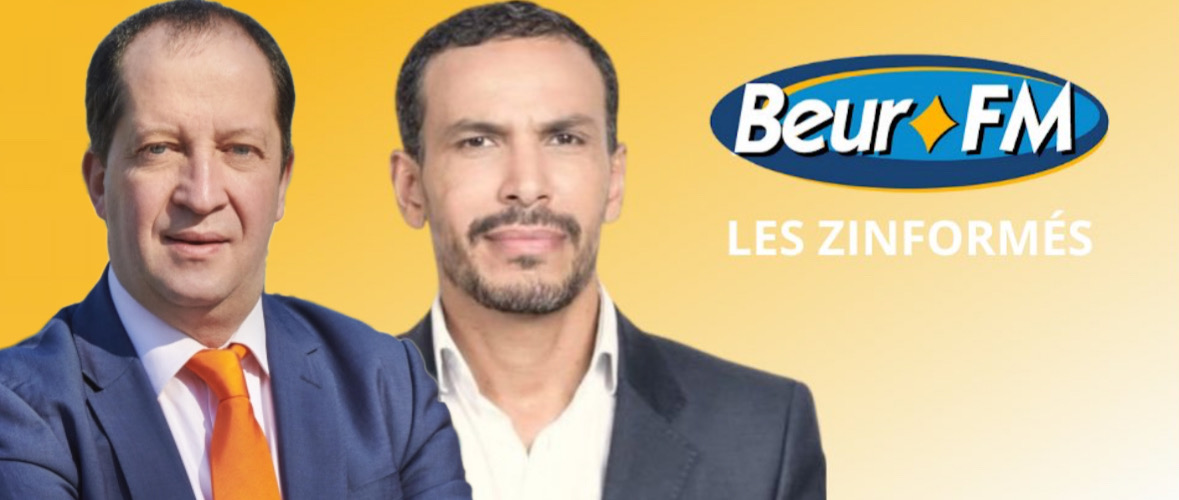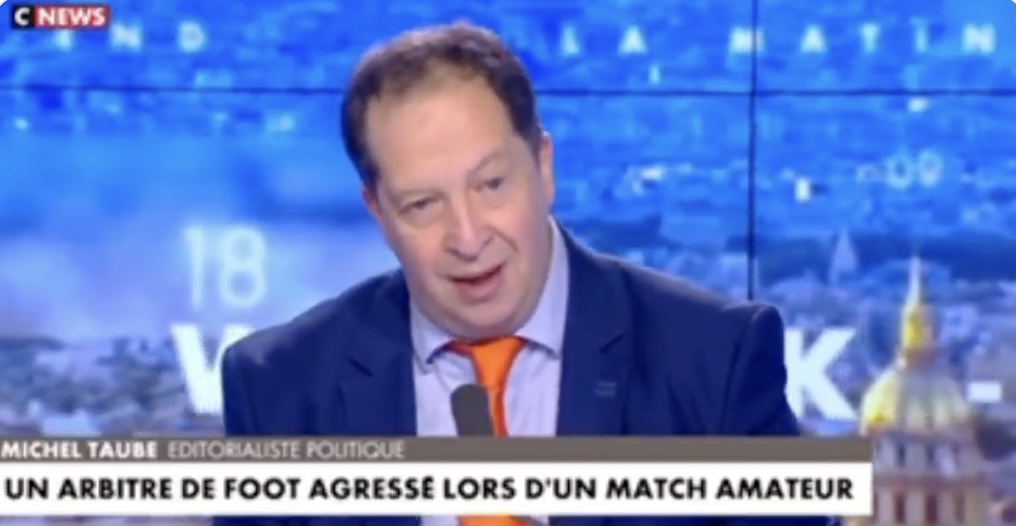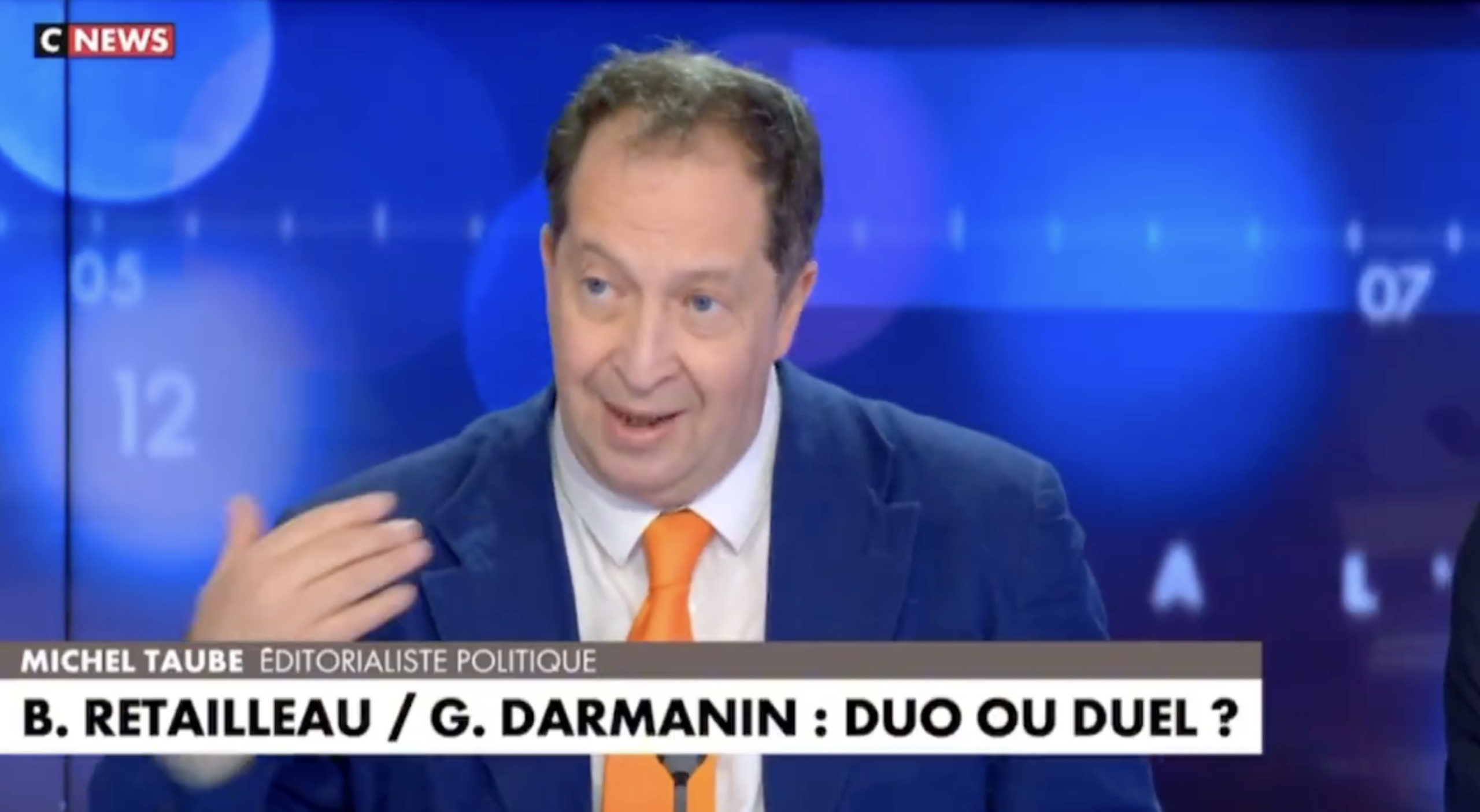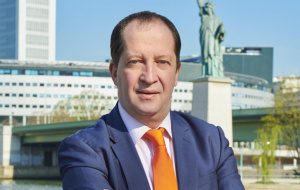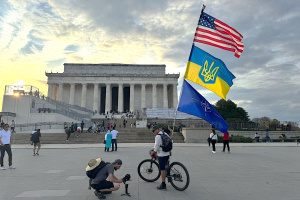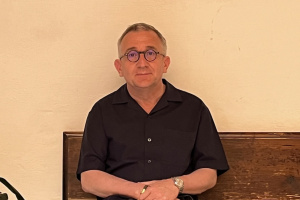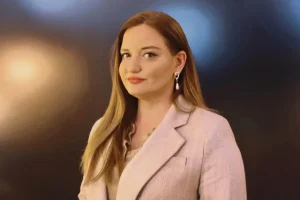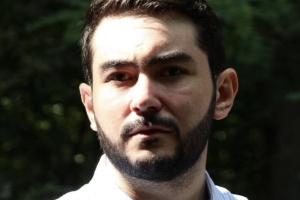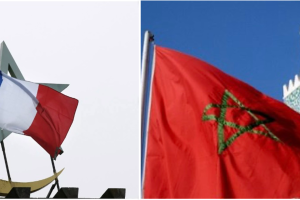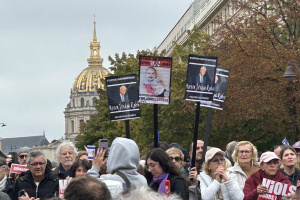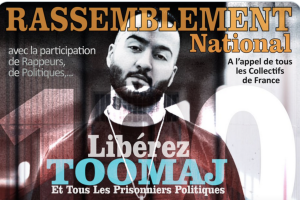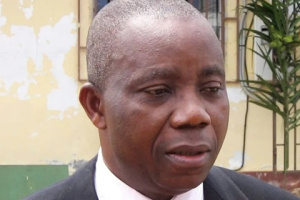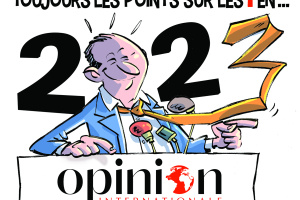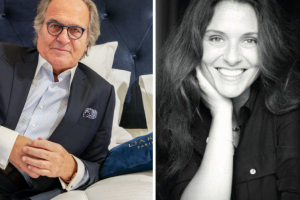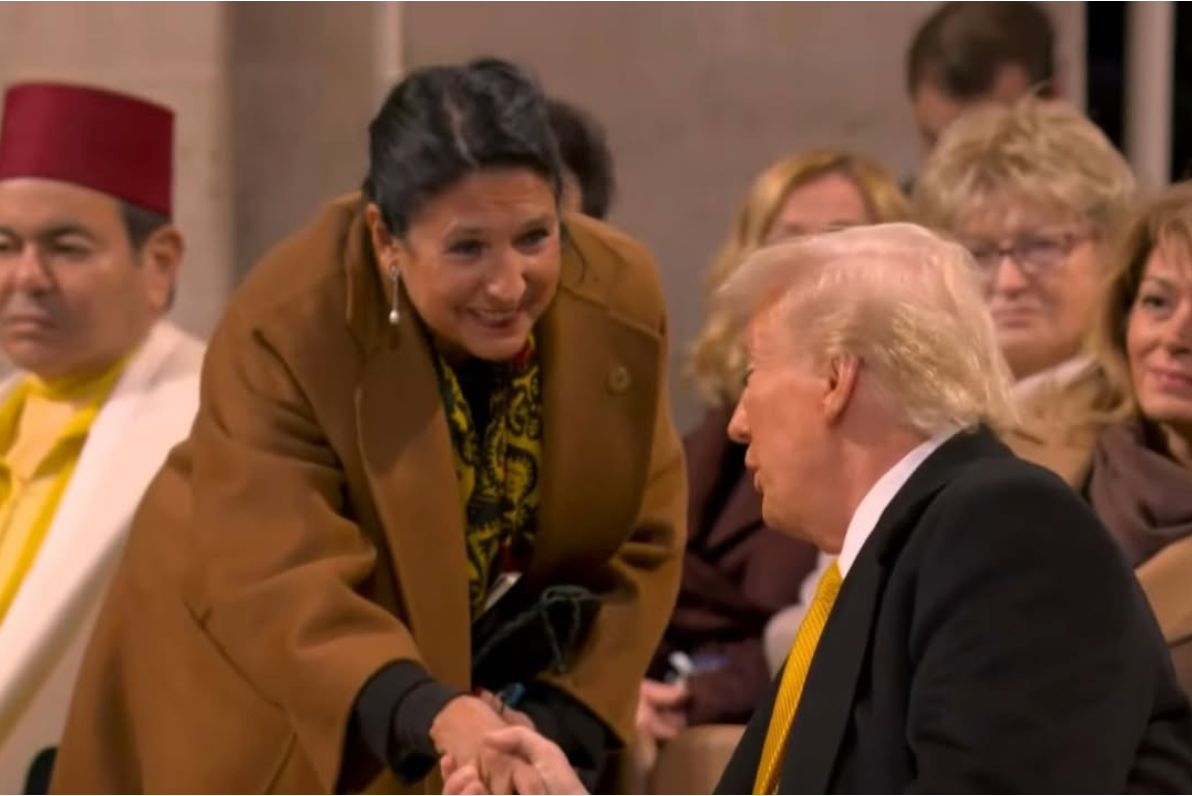
What is happening in Georgia represents the same challenge that Putin’s invasion of Ukraine imposed on Europe and nations yearning for freedom.
Last Saturday, the outgoing President of the Republic of Georgia, Salomé Zourabichvili, stood among the world’s leaders to honor the rebirth of Notre-Dame Cathedral in Paris. And for good reason.
This Franco-Georgian, both Christian and secular, has decided to stand with the Georgian people against the pro-Putin forces vying for power in her country. President Zourabichvili was born in France and spent much of her life serving the French Republic before returning to her ancestral homeland.
Today, many Georgians are taking to the streets of Tbilisi to demand the cancelation of the parliamentary elections held on October 26. They oppose Prime Minister Irakli Kobakhidze, who claims to have “won an important battle against liberal fascism” in Georgia, a term he uses to describe his opponents. Police have brutally cracked down on protesters, even beating an opposition leader in the street.
The United States and the European Union—apart from Viktor Orbán, who chairs the EU Council for a few more weeks—have condemned this repression. Washington has even threatened to impose new sanctions.
But it may already be too late to keep Georgia on the path to the European Union.
Unless the international and Western communities take action. Salomé Zourabichvili is determined to do everything in her power to prevent her country from falling under Putin’s control. She is seeking support.
A Historical Reminder
The challenge is immense, as Georgia has struggled to achieve unity and independence since 1991, and the situation shows no signs of improving. Between Russian hegemonic influence, the lure of America and Europe, and internal ethnic tensions, Georgian society has never been at peace. In 2003, the country witnessed the first “color revolution” in the world—the Rose Revolution—to contest fraudulent election results orchestrated by pro-Russian factions. The young and pro-Western Mikheil Saakashvili emerged as a leading figure, and the following year, he was elected president.
In 2008, frustrated by the presence of the Russian military supporting ethnic minority rebellions, Saakashvili made a daring move to attack Russian and separatist positions. His goal was not to defeat the Russian army but to prompt U.S. intervention. However, then-President George W. Bush, nearing the end of his term, took little action.
Nicolas Sarkozy acted as a mediator between Vladimir Putin and Saakashvili, traveling between Tbilisi and Moscow. He secured a ceasefire but had to concede the secession of two ethnically distinct provinces: Abkhazia and South Ossetia.
Saakashvili left Georgia in 2013 after completing two terms, fearing for his safety. The country’s political pendulum kept swinging, and his influence persisted.
A new party, Georgian Dream, emerged in 2012, led by Bidzina Ivanishvili, the country’s wealthiest man. Ivanishvili, reputedly pro-Russian, avoided elected office after 2013. For several years, Georgian Dream positioned itself between East and West. But in 2017, the party proposed electing the president through an electoral college and reducing the role to a ceremonial one, paving the way for a gradual rapprochement with Moscow. Yet, the government had signed an association agreement with the EU in 2014, highlighting Georgia’s political contradictions.
Massive Electoral Fraud Against Democracy
Fast forward to 2024. The October 26 parliamentary elections appeared to leave no party with a majority. Was there fraud? Georgian Dream spent four times more on its campaign than the opposition, monopolized the media, and used the support of intelligence services and semi-criminal groups to intimidate voters. The vote was not entirely secret, due to a surveillance camera system misused for electoral purposes. Foreign observers reported numerous irregularities, yet authorities declared a Georgian Dream majority.
Immediately after the results were announced, Georgian Dream declared a four-year freeze on EU accession negotiations, despite campaigning on a pro-European future!
Now, the presidency is set to be renewed without direct universal suffrage on December 14. Outgoing President Zourabichvili rejects the election results and has called for the vote’s cancelation to organize fair elections.
Since October 27, the youth have taken to the streets, calling for closer ties with Europe. Unfortunately, the European Council is still chaired by Hungary, and Viktor Orbán has visited Tbilisi to validate the election results and Georgian Dream’s victory, leaving the European Commission and Parliament to support the democratic protest movement alone.
Time is running out for a peaceful resolution, as President Zourabichvili has stated that she will not leave office on December 14 unless the elections are annulled, and she believes the Georgian people will protect her.
Can President Zourabichvili convince Emmanuel Macron, the European Union, and NATO that Georgia, like Ukraine, is fighting its own battle against Putin’s influence?
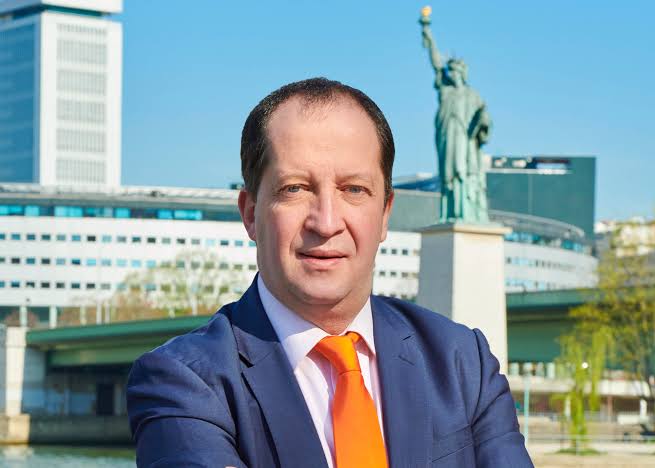 Michel Taube
Michel Taube
საფრანგეთმა და ევროპამ უნდა გადაარჩინონ საქართველო პუტინის მარწუხებისგან
მიშელ ტობის სარედაქციო
საქართველოში მიმდინარე მოვლენები იმავე გამოწვევას წარმოადგენს, როგორსაც უკრაინაში პუტინის შეჭრა ევროპასა და თავისუფლების მოყვარულ ხალხებს უწესებს.
გასულ შაბათს საქართველოს რესპუბლიკის მოქმედი პრეზიდენტი, ქალბატონი სალომე ზურაბიშვილი, მსოფლიოს დიდებულთა რიგებში იყო, რათა პატივი მიეგო პარიზის ღვთისმშობლის ტაძრის აღორძინებისთვის. და ამის მიზეზიც არსებობდა…
ეს ფრანგ-ქართული, ქრისტიანი და სეკულარული ლიდერი, ქართული ხალხთან ერთად, წინააღმდეგობას უწევს პუტინის მომხრეების ძალაუფლების ხელში ჩაგდებას ქვეყანაში. საქართველოს პრეზიდენტი საფრანგეთში დაიბადა და ცხოვრების დიდი ნაწილი ფრანგულ რესპუბლიკაში მუშაობას მიუძღვნა, სანამ თავის წინაპართა მიწაზე დასახლდებოდა.
დღეს ქართველების დიდი ნაწილი თბილისის ქუჩებში გამოდის, რათა მოითხოვონ 26 ოქტომბრის საპარლამენტო არჩევნების შედეგების გაუქმება. ისინი ეწინააღმდეგებიან პრემიერ-მინისტრ ირაკლი კობახიძეს, რომელმაც განაცხადა, რომ „ლიბერალო-ფაშიზმის წინააღმდეგ საქართველოში მნიშვნელოვანი ბრძოლა მოიგო“ – ტერმინი, რომელსაც ის თავის ოპონენტებს უწოდებს. პოლიციამ დემონსტრანტებს ძალადობრივად დაუპირისპირდა და ოპოზიციის ლიდერი ქუჩაში სცემა.
აშშ-მ და ევროკავშირმა, გარდა ვიქტორ ორბანისა, რომელიც ევროკავშირის საბჭოს კიდევ რამდენიმე კვირის განმავლობაში ხელმძღვანელობს, დაგმეს ეს რეპრესიები, ხოლო ვაშინგტონმა ახალი სანქციების დაწესებით დაიმუქრა.
მაგრამ შეიძლება გვიან იყოს საქართველოს ევროკავშირის გზაზე შესანარჩუნებლად.
თუმცა, თუ საერთაშორისო და დასავლური საზოგადოება იმოქმედებს, ამას მაინც მოვახერხებთ! სალომე ზურაბიშვილმა გადაწყვიტა ყველაფერი გააკეთოს, რათა თავიდან აიცილოს თავისი ქვეყნის „პუტინიზაცია“. ის მხარდაჭერას ეძებს.
ისტორიული შეხსენება
საქმე რთული იქნება, რადგან 1991 წლიდან საქართველო მტკივნეულად ცდილობს ერთიანობისა და დამოუკიდებლობის მოპოვებას, და მდგომარეობა მალე არ შეიცვლება. რუსეთის ჰეგემონიური გავლენა, ამერიკისა და ევროპის მოწოდება, ეთნიკური შიდა კონფლიქტები – ქართული საზოგადოება არასდროს ყოფილა მშვიდი.
2003 წელს ქვეყანამ მსოფლიოში პირველი „ფერადი რევოლუცია“ განიცადა – ვარდების რევოლუცია, რათა გაეპროტესტებინათ რუსეთის მომხრე კლანების გაყალბებული საარჩევნო შედეგები. მაშინდელი ახალგაზრდა ლიდერი, პრო-დასავლური მიხეილ სააკაშვილი, პირველად გამოჩნდა სცენაზე და მომდევნო წელს პრეზიდენტად აირჩიეს.
2008 წელს, რუსეთის ჯარის ზეწოლისგან დაღლილმა, რომელიც ეთნიკური უმცირესობების აჯანყებებს უწყობდა ხელს, სააკაშვილმა გაბედულად შეუტია რუსულ და სეპარატისტულ პოზიციებს. მისი მიზანი არ იყო რუსეთის ჯარის დამარცხება, არამედ ამერიკის ჩარევა. თუმცა, ჯორჯ ბუშმა, პრეზიდენტობის ბოლოს, არაფრის გაკეთება არ ისურვა.
ნიკოლა სარკოზიმ შუამავლის როლი ითამაშა ვლადიმერ პუტინსა და სააკაშვილს შორის, თბილისსა და მოსკოვს შორის. მან ცეცხლის შეწყვეტას მიაღწია, მაგრამ ორი ეთნიკური რეგიონის – აფხაზეთისა და სამხრეთ ოსეთის – სეპარატიზმი აღიარა.
სააკაშვილი 2013 წელს ქვეყანას დატოვებდა, ორი ვადის შემდეგ, უსაფრთხოების გამო. ქართული კლანური ბრძოლები არ შეჩერებულა და სააკაშვილის გავლენა ვერ გააქრეს.
მასიური ფალსიფიკაცია დემოკრატიის წინააღმდეგ
2024 წელს ვუბრუნდებით. 26 ოქტომბრის არჩევნებმა, როგორც ჩანდა, ვერ გამოავლინა რომელიმე პარტიის უმრავლესობა. გაყალბდა თუ არა? ქართული ოცნება ოთხჯერ მეტ თანხას ხარჯავდა კამპანიაზე, ვიდრე ოპოზიცია, და მას მედიის, დაზვერვის სამსახურის და ნახევრად კრიმინალური ჯგუფების მხარდაჭერაც ჰქონდა, რაც ამომრჩეველთა დაშინებას ემსახურებოდა.
არჩევნებზე გამჭვირვალობა კამერების სისტემის ბოროტად გამოყენების გამო არ იყო სრულად დაცული. საერთაშორისო დამკვირვებლებმა მრავალი დარღვევა გამოავლინეს, მაგრამ ხელისუფლებამ ქართული ოცნების სრული უმრავლესობა გამოაცხადა.
დაბოლოს, 27 ოქტომბრიდან ახალგაზრდობა ქუჩებში გამოვიდა ევროპისკენ მოწოდებით. ევროკავშირის საბჭოს ხელმძღვანელი ვიქტორ ორბანი თბილისს ეწვია და არჩევნების ლეგიტიმურობა და ქართული ოცნების გამარჯვება დაადასტურა, თუმცა კომისიის და ევროპარლამენტის მხარდაჭერამ მოძრაობას კვლავ დაუჭირა მხარი.








